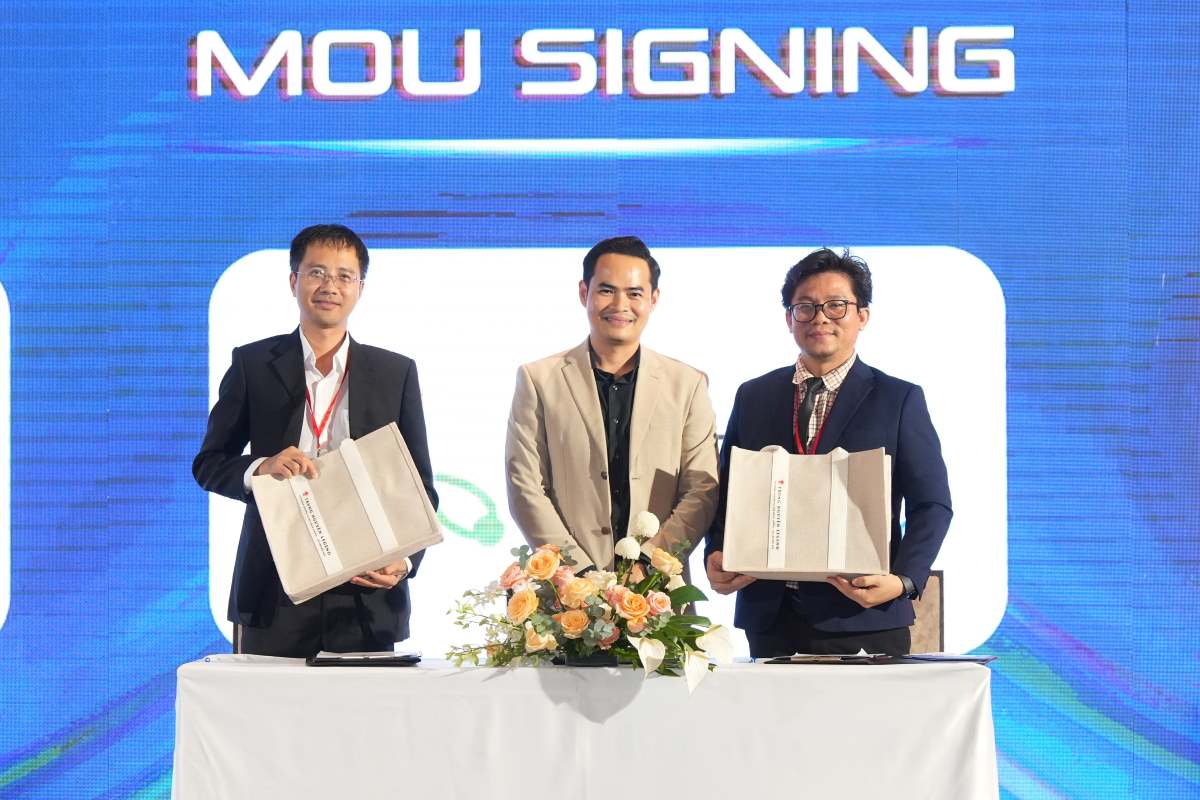Digital Decade - From Strategy to National Capacity
Sharing at the Vietnam Innovation Summit (VIS) 2025 just ended in Ho Chi Minh City, Mr. Do Tien Thinh, Deputy Director of the National Innovation Center (NIC), emphasized: Vietnam is entering the digital decade, with the vision of becoming the digital center of Southeast Asia. The National Digital Transformation Program is a guideline, aiming for the goal of a digital economy accounting for 20% of GDP by 2025 and 30% by 2030.
According to NIC, Vietnam's digital economy in the 2025-2030 period can achieve a compound growth rate of 1820%, thanks to FDI capital shifting to high-value technology, along with a strong commitment to invest in 5G infrastructure, data centers and cloud computing.
However, according to experts, the decisive factor lies not only in technology, but in human capacity - those who can design, operate and commercialize new solutions.
The Vietnamese government is focusing on forming a high-tech human resource ecosystem, combining academies, businesses and research centers to train tens of thousands of semiconductor engineers, data experts and AI engineers in the next decade.
Semi-ading The Heart of the New Technology Era
If data is the "fuel" of the digital age, semiconductors are the heart of modern technology. Vietnam is entering the first phase of the global value chain, with a strategy to turn the semiconductor industry into a new growth pillar.
According to the long-term orientation, Vietnam strives to become an important link in the global semiconductor supply chain by 2050, focusing on building human capacity and research infrastructure, while attracting in-depth investment in chip design, R&D and experimental production.

A series of large technology corporations have begun to expand their presence in Vietnam - from research centers, chip inspection facilities to large-scale data center projects. This not only helps Vietnam penetrate deeper into the global supply chain, but also creates a premise for a domestic "technology circle" - where knowledge, human resources and the market develop in parallel.
AI and smart factor systems
If semiconductors are the physical foundation, AI is the new energy layer of the knowledge economy. Sharing at the conference, Mr. Cao Dai An, Head of the Solutions & Technology Office for ASEAN and Japan, Hitachi Digital Services, commented: In the next 10 years, we will enter a period where traditional digital systems and artificial intelligence have become popular. With the capabilities of large language models (LLM), AI can automate many steps in the integration process and operate throughout the organization.
The important thing is not only to create many AI agents, but also to know how to coordinate and connect them to move towards the common goal: improving productivity and quality for corporate customers.
From this perspective, Vietnam's problem is not only the application of new technology, but also the mastery of the organization and operation of artificial intelligence in enterprises, governments and national infrastructure. In other words, Vietnam needs to develop creativity and innovation coordination in parallel, to turn AI from a tool to a national competitiveness.











